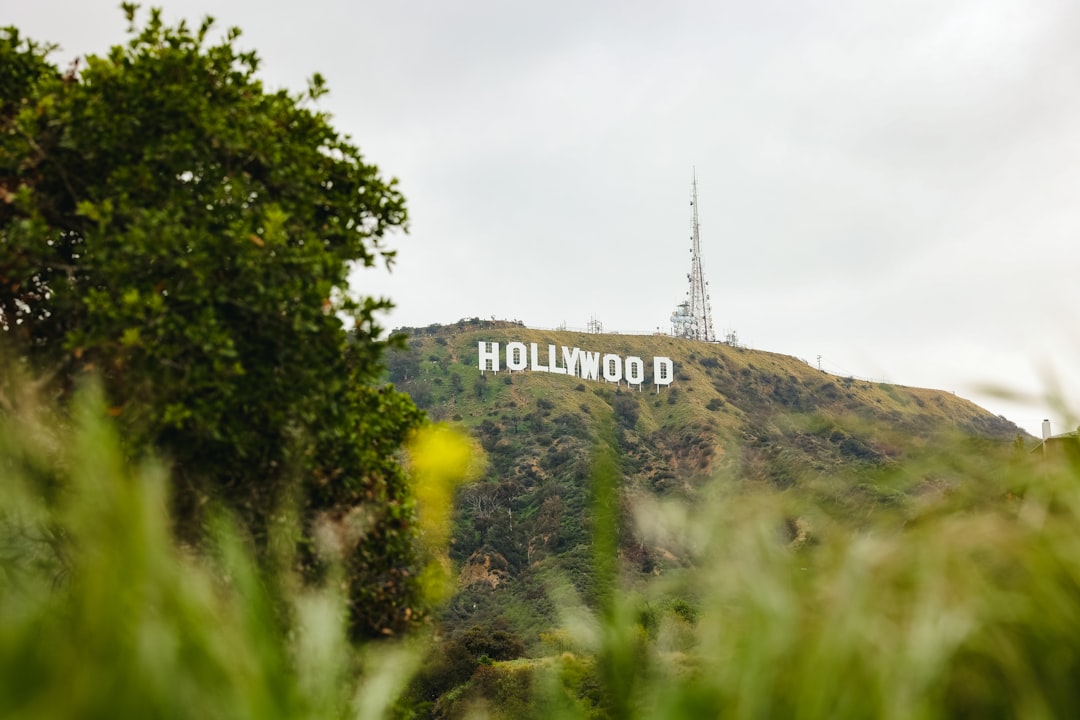Summary: The entertainment industry is facing a crossroads as AI technology advances rapidly. While OpenAI embraces AI as a creative tool, Hollywood executives remain uncertain about how to address the challenges it presents, especially around copyright and content use. The music industry shows more readiness to engage, but overall, the industry risks being outpaced by technology moving faster than it can adapt.
OpenAI’s Bold Move in Entertainment
At OpenAI DevDay, CEO Sam Altman introduced the new Sora app, positioning it as a gift to content creators. Altman suggested that OpenAI might even be “too censorious,” limiting the kinds of AI-generated videos users can create. He described this innovation as a new form of fanfiction that could deepen connections between creators and audiences.
Hollywood’s Uncertain Response
The following day at Bloomberg’s Screentime event in Los Angeles, media executives, agents, and studio heads gathered to discuss AI’s impact. Despite Sora reaching 1 million downloads, Hollywood leaders seemed unsure how to respond to the risks AI poses. The phrase “we care about copyright” was repeated often, yet no one directly addressed OpenAI’s use of their intellectual property without permission. This silence raises concerns about the industry’s ability to protect its content and assert control over AI’s influence.
Netflix co-CEO Greg Peters sidestepped questions about Sora, focusing instead on AI’s more mundane applications in production. Paramount Skydance CEO David Ellison described AI as a “new pencil” for creators, emphasizing its role as a tool rather than a threat. Warner Music CEO Robert Kyncl was one of the few to confront the issue head-on, insisting that AI training requires licensed content and warning of consequences for violations.
The Music Industry’s Clearer Stance
The music industry’s more unified approach contrasts with Hollywood’s hesitance. Having faced similar challenges during the rise of music streaming, labels are better equipped to negotiate with AI companies. Kyncl expressed optimism that AI could ultimately benefit music, drawing parallels to YouTube’s evolution from copyright disputes to becoming a major distribution platform.
What This Means for the Future
While the music sector shows promise in adapting to AI, Hollywood’s lack of collective action leaves it vulnerable. OpenAI’s decision to train Sora on unlicensed content was intentional, reflecting a tech industry strategy of seeking forgiveness rather than permission. As AI technology accelerates, entertainment companies must decide how to protect their creative assets and engage with these powerful new tools before they are left behind.
Follow topics and authors from this story to see more like this in your personalized homepage feed and to receive email updates.
